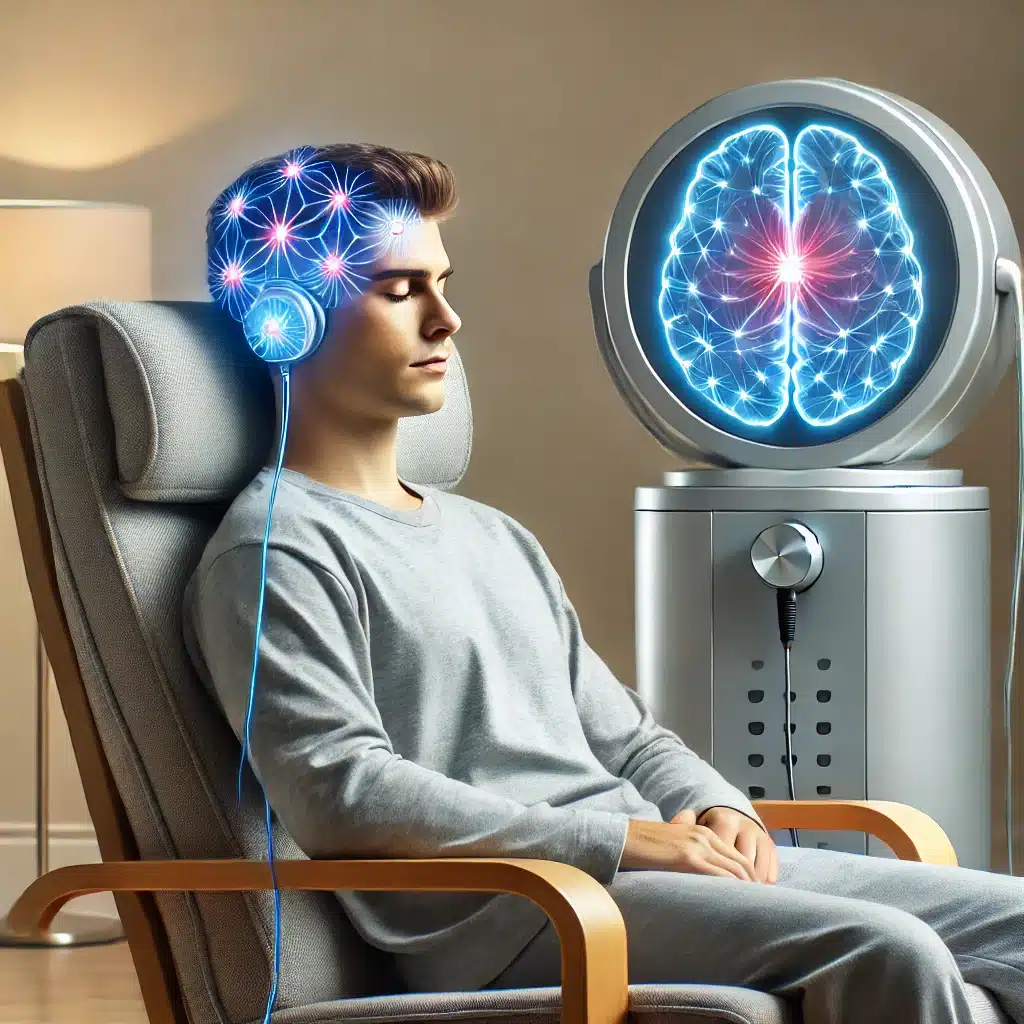Sleep Profiles of Different Psychiatric Traits (2024 Study)
Different psychiatric conditions exhibit varied sleep problems, with insomnia and fatigue being the most common issues. Highlights: Worst Sleep Profiles: Traits related to affect disorders, generalized anxiety, and ADHD show the worst sleep problems, including insomnia and fatigue. Milder Sleep Issues: Autism, eating disorders, and impulsivity traits are linked to milder sleep disturbances. Mania and …










